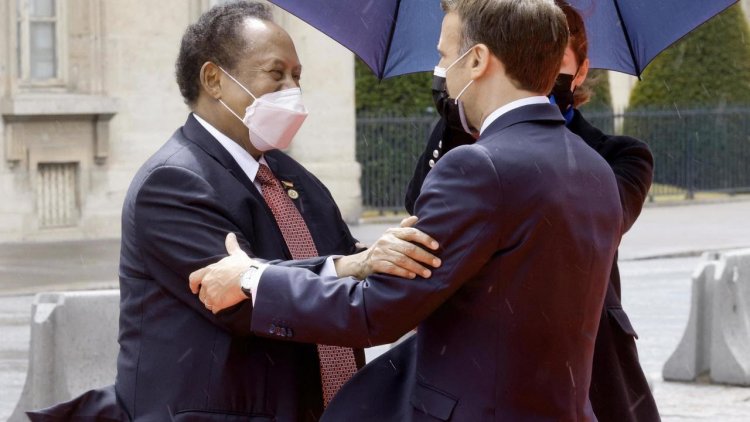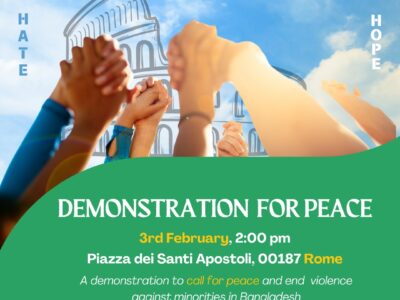Sudan is a country located in Northeast Africa, bordering numerous countries. Notably, Egypt, Libya, Chad, the CAR, South Sudan, Eritrea and Ethiopia. It is the third largest country of both the African continent and the Arab League. The country is currently ruled by a Federal provisional military-civilian government, leaded by Abdel Fattah al-Burhan and Prime Minister Abdalla Hamdok.
Sudan: IMF members reach an agreement to continue Sudan’s debt relief during a conference in Paris








Comments